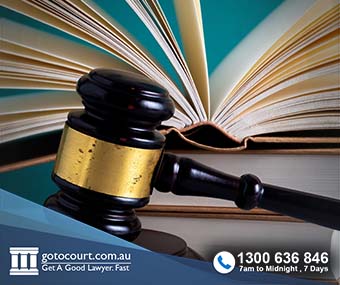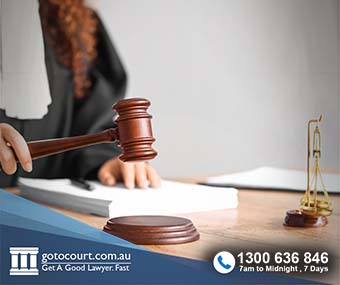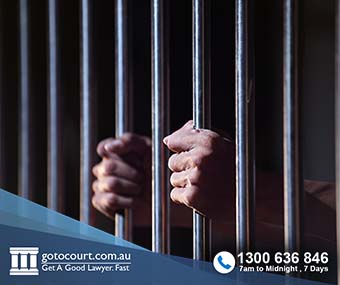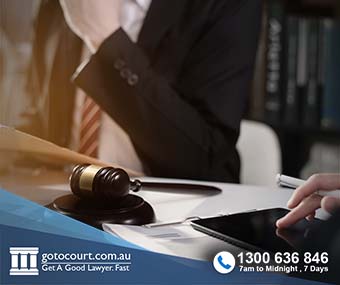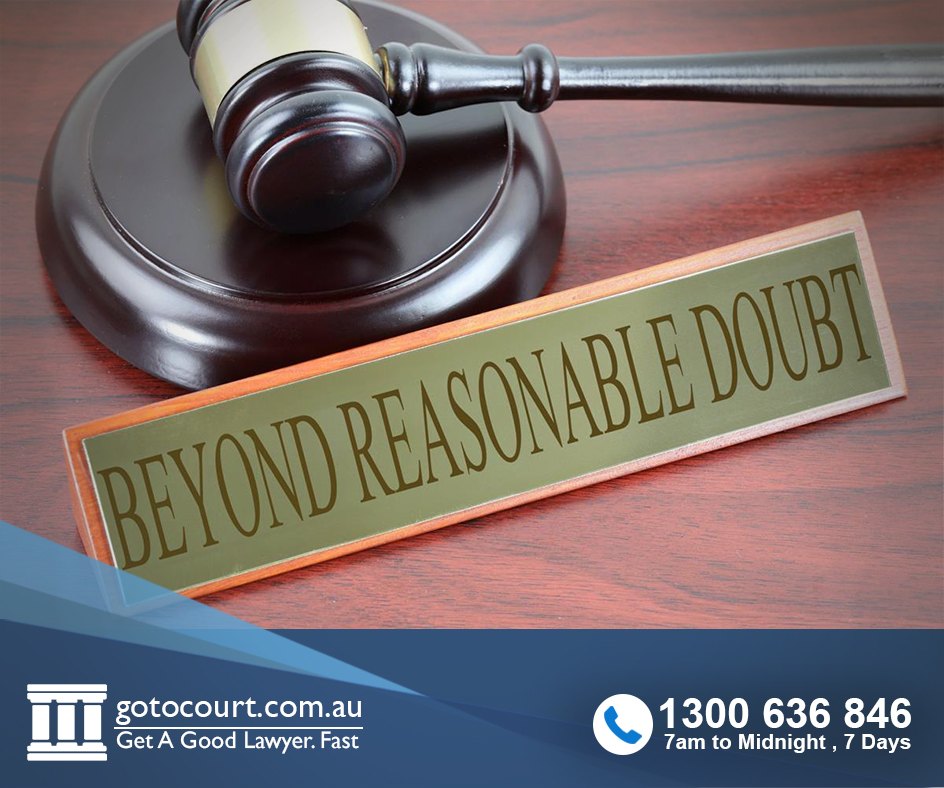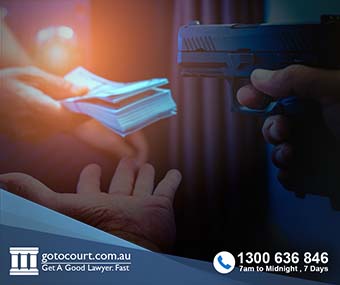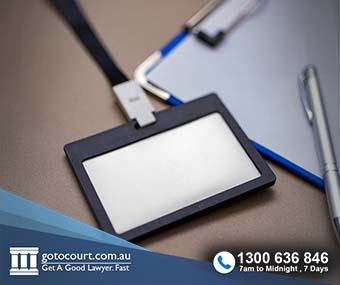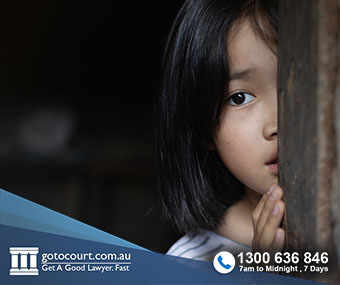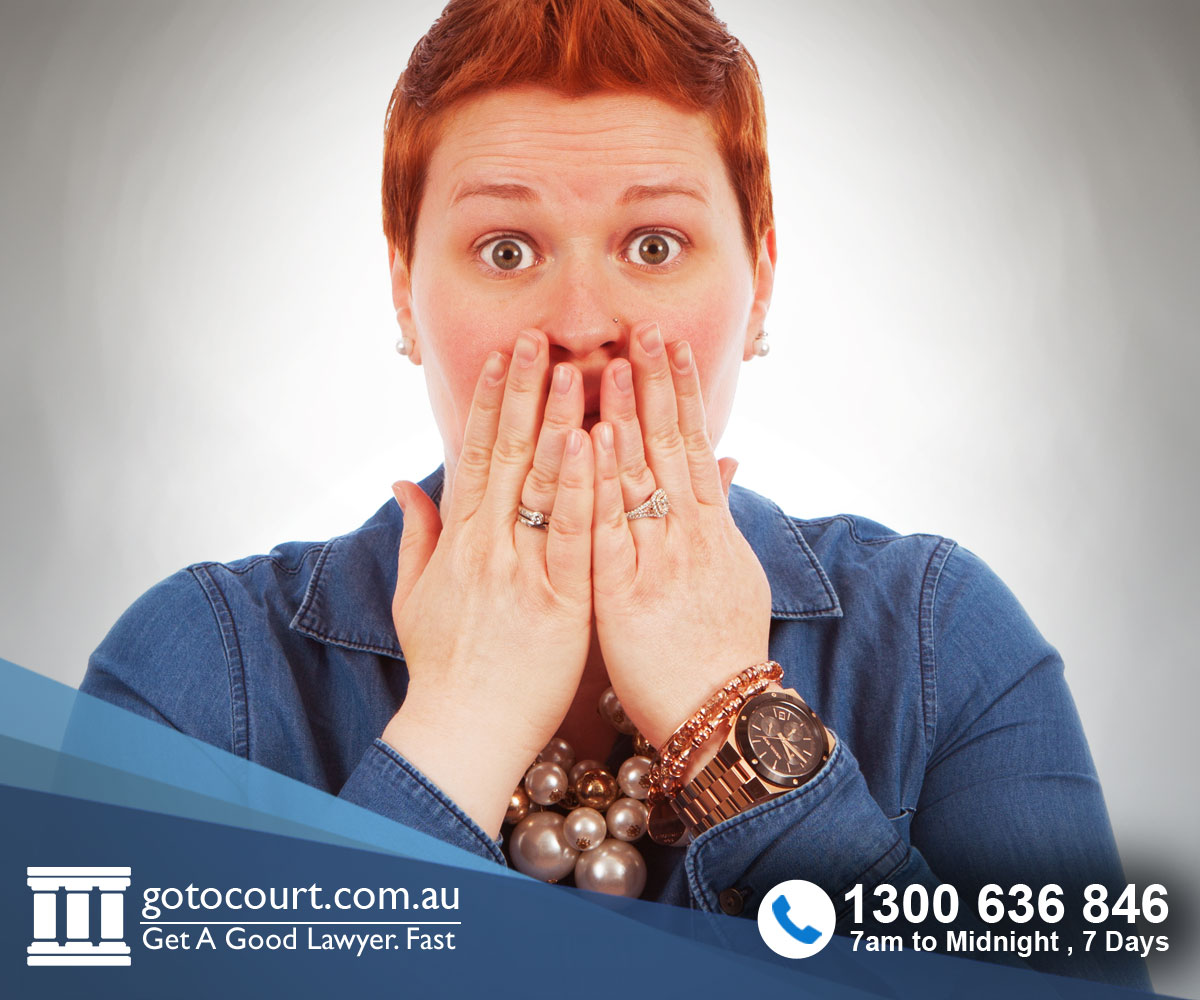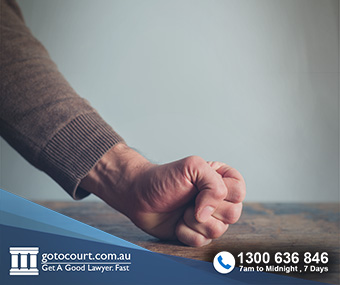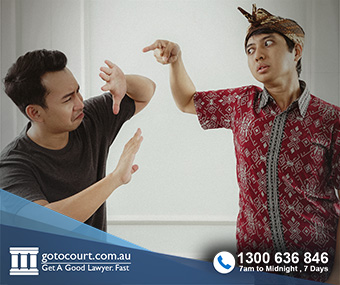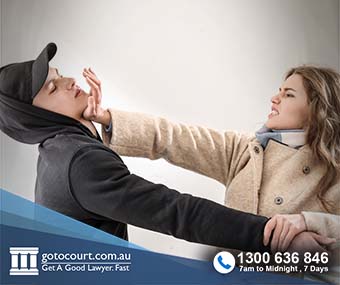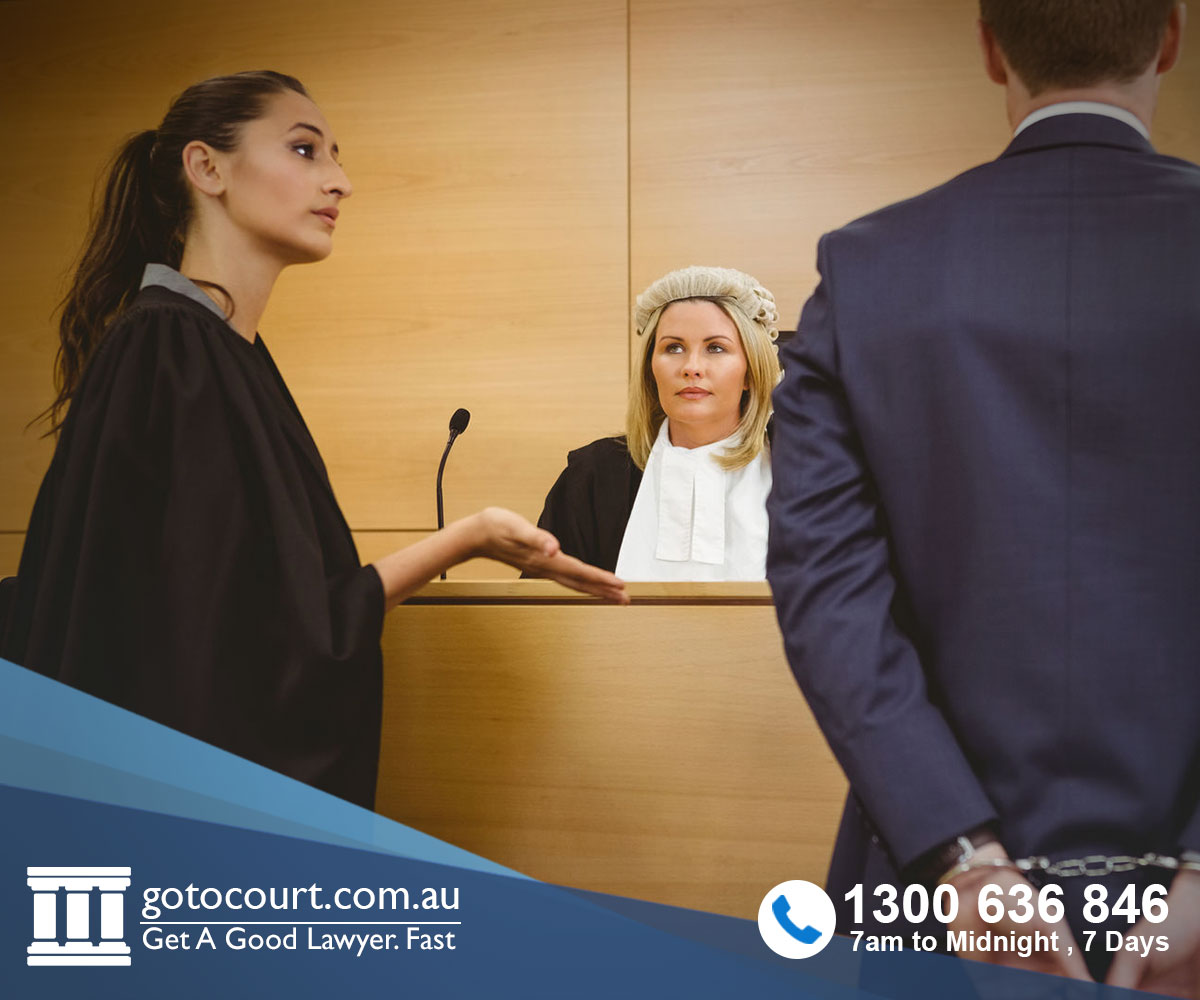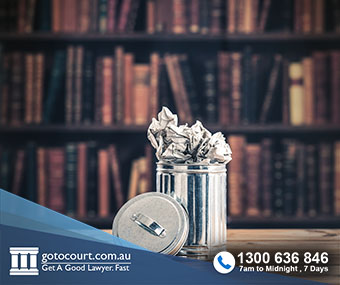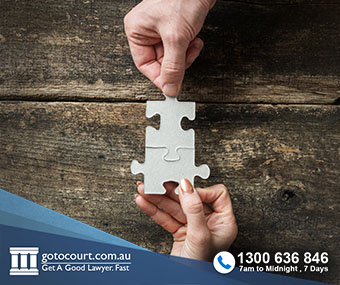Call our lawyers
now
or,
have our lawyers
call you
The Age of Criminal Liability (NSW)
Updated on Nov 18, 2022 • 4 min read • 795 views • Copy Link
The Age of Criminal Liability (NSW)
In all Australian jurisdictions, the age of criminal liability is 10. This means that no child below the age of 10 can be arrested, summonsed or found guilty of a criminal offence. In New South Wales, this rule is contained in Section 5 of the Children (Criminal Proceedings) Act 1987. Children between the ages of 10 and 18 who are charged with criminal offences are dealt with by the Children’s Court.
Children under 10
If a child under the age of 10 commits an act that would be a criminal offence if it was done by someone over the age of criminal liability, the matter is dealt with by parents, teachers and other professionals. The child may be referred to counselling or subjected to punishment at home or at school.
Children aged 10 – 14
At common law, there is a rebuttable presumption that a child between the ages of 10 and 14 lacks the capacity to be held criminally responsible. This presumption is known as doli incapax, or ‘incapable of crime’. Doli incapax should be considered in all cases where there is a defendant aged under 14.
The presumption of doli incapax can be rebutted by the prosecution adducing evidence that establishes that the child knew that what he or she was doing was seriously wrong in the criminal sense. This may include evidence that the child displayed consciousness of guilt or evidence of the child’s level of intelligence and maturity. Doli incapax is not a defence; it is part of the prosecution case. If the prosecution cannot establish that the child was capable of criminality, there is no case to answer.
The Australian Law Reform Commission has pointed out the practical difficulties of doli incapax, which often leads to evidence being adduced that is highly prejudicial and would otherwise be inadmissible.
Children’s Court
When a child is found guilty of a summary offence, he or she is sentenced by the Children’s Court. However, young Indigenous offenders who are eligible may consent to their matter being dealt with by the Koori Youth Court instead of by the Children’s Court. When a young person is charged with a serious indictable offence, the matter will be transferred to and finalised in the District Court or the Supreme Court.
When sentencing a young offender, the court must have the child’s rehabilitation as its paramount consideration. The Children’s Court must consider the child’s age and level of maturity when deciding on a suitable penalty for them. Sentencing orders that can be made in respect of young offenders include good behaviour bonds, fines and terms in youth detention.
Diversion
Young people who are charged with criminal offences do not always go through the court system. The Young Offenders Act gives police the discretion to let a young person off with a Warning or a Caution in some circumstances. It also provides for appropriate matters to be diverted away from the court to Youth Justice Conferencing.
If both the victim and the offender agree to a matter being referred to Youth Justice Conferencing, a convenor will facilitate a conference attended by the young person, the victim and other members of the community to discuss the effects of the offending and encourage the young person to take responsibility for their actions. Outcomes of Youth Justice Conferences may be an apology to the victim, repayment of money stolen or repairs of damage done or a plan for the ongoing support of the young person to assist them to stay out of further trouble.
Push to raise the age of criminal liability
The age of criminal liability is a controversial issue, with many arguing the age of 10 is too low to be held criminally responsible. England and Wales also have an age of criminal responsibility of 10, while Mexico has the world’s lowest age at 6. In other countries such as Brazil and Colombia a person cannot be charged with a criminal offence until the age of 18.
Many lawyers and human rights organisations, such as Amnesty International, advocate raising the age of criminal liability in Australia. These advocates say that such a low age of criminal liability disproportionately impacts children from low socio-economic backgrounds. Indigenous children are far more likely to be incarcerated than their non-Indigenous counterparts and being locked up at an early age greatly increases the likelihood of a person coming back into the prison system as an adult. The United Nations has stated that any age of criminal liability that is lower than 12 is not internationally acceptable.
Opponents of lowering the age of criminal liability argue that serious crimes are committed by young people and that the community needs to be protected from these offenders.
If you require legal advice or representation in a criminal matter or in any other legal matter, please contact Go To Court Lawyers.


Affordable Lawyers
Our Go To Court Lawyers will assist you in all areas of law. We specialise in providing legal advice urgently – at the time when you need it most. If you need a lawyer right now, today, we can help you – no matter where you are in Australia.How It Works








1. You speak directly to a lawyer
When you call the Go To Court Legal Hotline, you will be connected directly to a lawyer, every time.


2. Get your legal situation assessed
We determine the best way forward in your legal matter, free of charge. If you want to go ahead and book a face-to-face appointment, we will connect you with a specialist in your local area.


3. We arrange everything as needed
If you want to go ahead and book a fact-to-face appointment, we will connect you with a specialist in your local area no matter where you are and even at very short notice.

